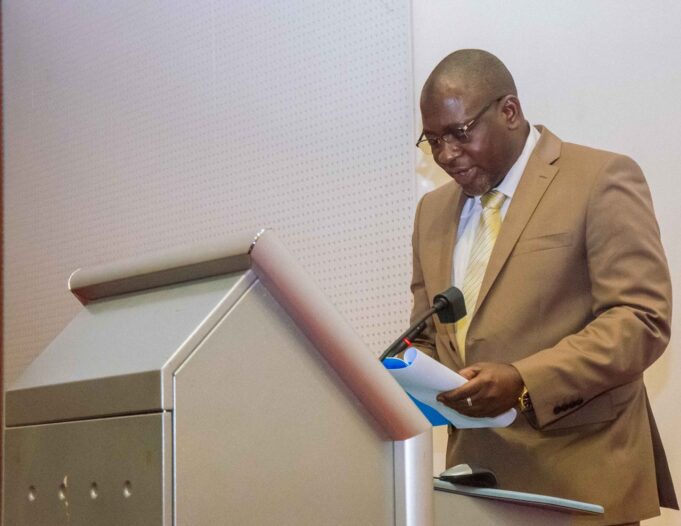Nigeria’s Tax-to-GDP ratio which, in the last 12 years, hovered between 5 per cent to 6 per cent rose to 10.86 per cent by the end of 2021.
The new ratio was made known via a letter signed by the Statistician-General of the Federation, Prince Adeyemi Adeniran, and addressed to the Federal Inland Revenue Service, following a joint review by the Nigerian Bureau of Statistics (NBS) in collaboration with the Federal Ministry of Finance and the FIRS.
Tax-to-GDP ratio is a measure of a nation’s tax revenue relative to the size of its economy as measured by Gross Domestic Product (GDP).
In a statement announcing the new Tax-to-GDP ratio, the Executive Chairman of FIRS, Muhammad Nami, on Wednesday, May 31, explained that sources which previously put the country’s Tax-to-GDP ratio at between 5 per cent and 6 per cent did not consider tax revenue accruing to other government agencies in their computation.
READ ALSO: Tax evasion: House C’ttee indicts 30 oil coys, FIRS chair
Nami noted that revenues collected by agencies other than the FIRS, Customs, and States Internal Revenue Service were excluded.
He said: “This situation was peculiar to Nigeria as most other countries operate harmonised tax system (all or most tax revenues are collected by one agency of government) with single-point tax revenue reporting. As such, all relevant tax revenues are included in the computation of the Tax-to-GDP ratio.
“In order to correctly state the Tax-to-GDP ratio, the FIRS initiated a review and re-computation of the ratio for 2010 to 2021. In recomputing the ratio, key indicators that were previously left out were taken into account. This resulted into a revised Tax-to-GDP ratio of 10.86 per cent for 2021 as against 6 per cent hitherto reported.”
Nami further noted that Nigeria’s Tax-to-GDP ratio should ordinarily be higher than 10.86 per cent but for certain economic and fiscal policy factors, including tax waivers and leakages occasioned by the country’s fragmented tax system.
The FIRS boss, however, urged the government to consider reviewing its policies on tax waivers thereby guaranteeing increased revenue to prosecute its programmes and positively move the needle of the country’s tax-to-GDP ratio.
- Edo election: Security operatives mount roadblocks in Benin - September 21, 2024
- Police stop man from committing suicide on Third Mainland Bridge - September 21, 2024
- APC to PDP: We’re not responsible for your leadership crisis - September 21, 2024










